Graduates of M.Sc. Food Processing programs are in high demand across the food industry. They find opportunities in food production, quality control, product development, and research. With a growing emphasis on food safety and innovation, these professionals play a crucial role in ensuring
Future Scope & Benefits for M.Sc. in Food Processing Course
In today's world, where food safety, quality, and innovation are of paramount importance, a Master of Science (M.Sc.) in Food Processing holds significant value. This program equips graduates with the knowledge and skills needed to ensure that the food we consume is not only safe but also nutritious and convenient. The future scope and benefits of pursuing an M.Sc. in Food Processing.
Future Scope of an M.Sc. in Food Processing Degree
The future scope of an M.Sc. in Food Processing is promising. As the food industry grows, there's a rising demand for professionals skilled in food technology and safety. Graduates can work in food manufacturing, quality control, research, and product development. Additionally, they can explore entrepreneurial opportunities in food startups and consulting, contributing to innovation in food production and processing methods.
-
Food Technologist: Graduates can work as food technologists, responsible for developing and improving food products, ensuring quality control, and optimizing food processing methods.
-
Quality Assurance Manager: Quality assurance managers play a crucial role in maintaining the highest standards of food safety and quality within food processing companies.
-
Research and Development (R&D) Scientist: Food processing R&D scientists work on developing new food products, improving existing ones, and innovating in areas like food preservation and packaging.
-
Food Safety Inspector: With an increasing focus on food safety, graduates can work as food safety inspectors in government agencies or private organizations, ensuring that food processing facilities comply with regulations.
-
Supply Chain Manager: Managing the logistics and distribution of food products is a critical role. Graduates can oversee the supply chain to ensure timely and efficient delivery of food items.
-
Entrepreneurship: Starting a food processing business is a viable option, especially with expertise in this field. Graduates can launch their brands or consult for startups.
-
Consultant: Food processing consultants provide expert advice to food companies, helping them improve their processes, product quality, and compliance with industry standards.
-
Academia and Research: For those inclined toward academia, pursuing a Ph.D. after an M.Sc. can lead to a career in teaching and research at universities or research institutions.
Benefits of Pursuing an M.Sc. in Food Processing
Pursuing an M.Sc. in Food Processing offers various benefits. It equips students with expertise in food technology and safety, making them highly sought-after in the food industry. Graduates can innovate food products, ensure quality control, and contribute to food safety regulations. Additionally, it opens doors to entrepreneurship in the growing food sector, providing opportunities for business ventures and consulting.
-
Industry-Relevant Skills: The program imparts practical knowledge and skills directly applicable to the food processing industry, making graduates job-ready.
-
High Demand: As the global population continues to grow, the demand for safe, nutritious, and convenient food products is on the rise. Food processing professionals are in high demand.
-
Diverse Career Opportunities: Graduates have a wide array of career options in areas like quality control, R&D, production management, and more.
-
Global Perspective: Many food processing programs provide a global perspective on the industry, allowing graduates to work not only in their home country but also internationally.
-
Innovation: The food industry is dynamic, with constant innovation in product development, packaging, and processing techniques. Graduates get to be at the forefront of these innovations.
-
Contribution to Society: Ensuring food safety and quality directly contributes to public health and well-being, giving graduates a sense of fulfilment.
-
Sustainability: Graduates can work on sustainable food processing practices, contributing to environmental conservation and ethical food production.
 2 Years
2 Years
 Post Graduate
Post Graduate
 Science
Science


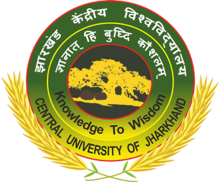
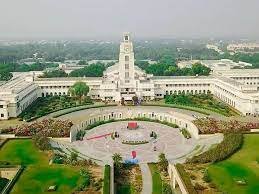
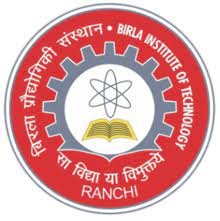
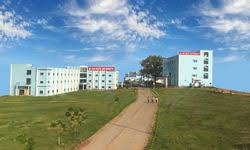

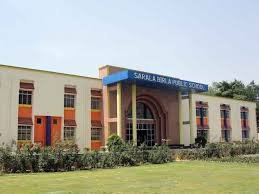
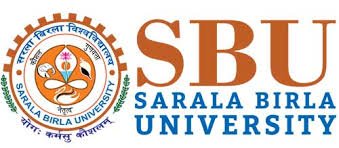
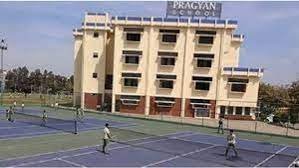
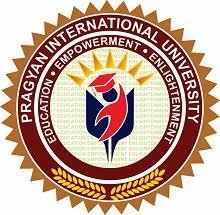
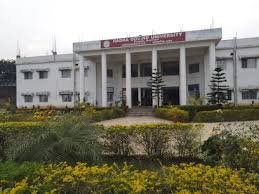
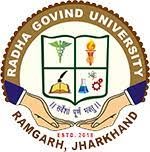

 back
back

